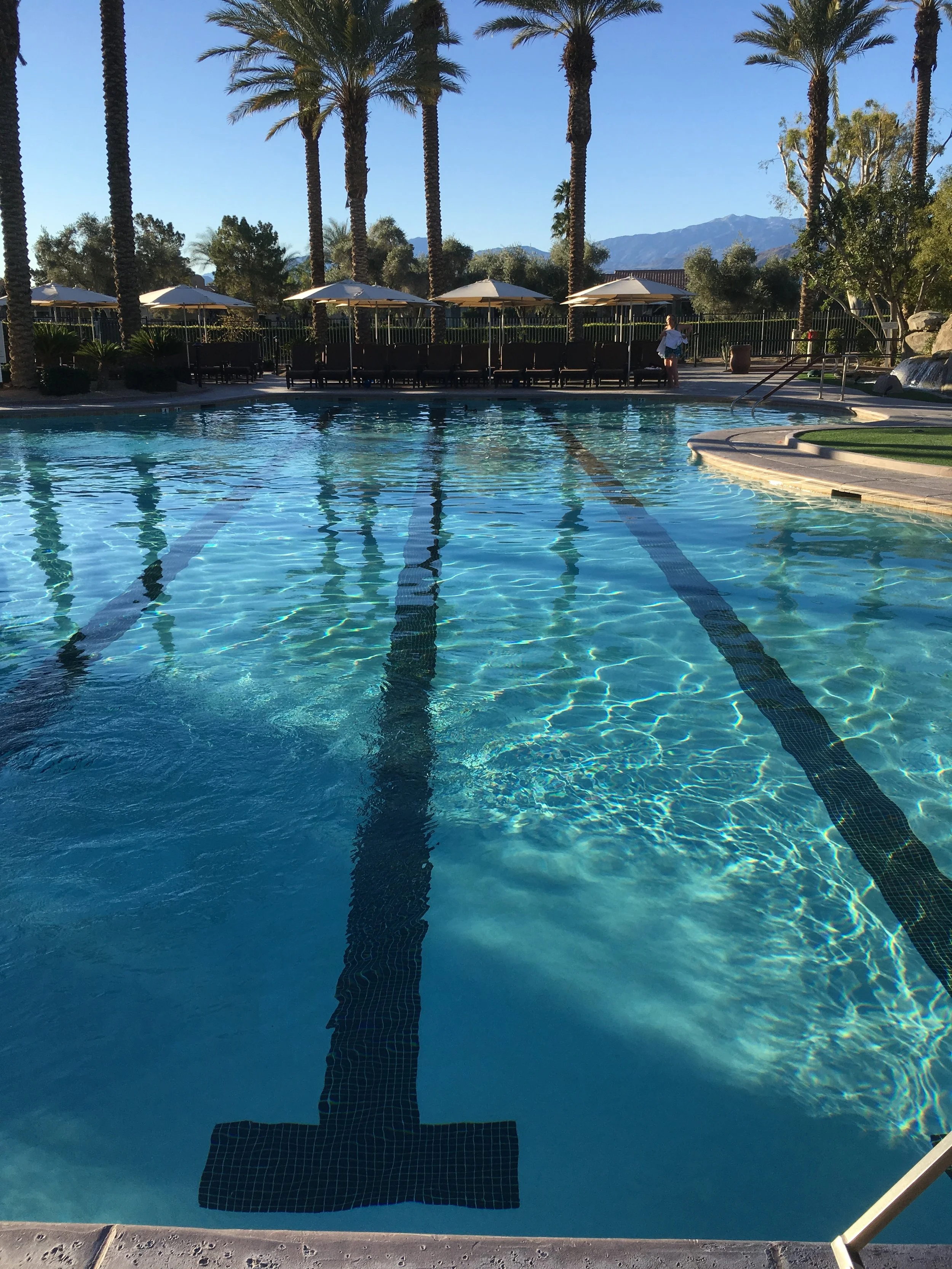Yesterday, it was announced that Bret Lundgaard will be the new head coach for Princeton's Women's Swimming and Diving team. Lundgaard had for years gotten nothing less than a full-throated endorsement from his boss, Tennessee head coach Matt Kredich.
Kredich's endorsement holds enormous weight, as prior to Tennessee he was undoubtedly the best women's swimming coach in the Ivy League. I say all this to establish one thing: this blog is not an attack on Bret Lundgaard, who applied for a job and did all the right things to get it. Lundgaard is not the problem here, and will in fact have an opportunity to be part of the solution.
Princeton's previous head coach was Susan Teeter. Teeter is a Princeton institution, so much so that I had nearly forgotten that she too came from the University of Tennessee to coach the Tigers. But her impact went way beyond her results at Princeton. Teeter was a mentor to more coaches, men and women, than you can shake a stick at.
In fact, she's definitely in my top five "Coaches I wish I had worked for", along with the aforementioned Kredich, Mark Bernardino, Bob Groseth and George Kennedy. Teeter often provided more guidance and support to assistant coaches on opposing teams than the head coaches of those teams.
To say Teeter is a "female coach" is like saying that Princeton is a "New Jersey Private University".
But to not discuss Teeter's gender is to ignore a disturbing process that is felt particularly hard in swimming. As I mentioned in a previous post, the situation for female coaches in college sports overall is getting worse, not better. I'm sorry to report once again to my fellow men, but it's on us.
Again, it is not Bret Lundgaard's fault. To understand who is to blame, and what somebody like Lundgaard can do to change this, you need to understand the process by which head coaches are made.
College swimming operates on an apprenticeship model. Many coaches start as volunteers, graduate assistants or other low paying positions. If they prove themselves, they can advance to be full-time, paid assistant coaches. Many of these assistant coaches are not well-paid, but they are in their 20s and early 30s and can find a way to survive.
At this point, part of the head coaches job is to develop their assistant coaches to be head coaches. This is what Matt Kredich has done for Bret Lundgaard, and Lundgaard was quick to thank Kredich for that development during his time at Tennessee.
Many of these assistant coaches start working their way into the head coaching ranks in their 30s. Often this is the huge attrition point for women in college swimming. Here is a list of excuses for this from my fellow men that I don't have patience for anymore.
1. "These darn women have babies and then don't want to coach anymore" HOW ABOUT YOU MAKE A WORKPLACE IN 2017 WHERE A WOMAN DOESN'T HAVE TO CHOOSE BETWEEN HAVING A CHILD, A FAMILY AND WORKING THERE.
2. "We don't get any quality female applicants!". Sigh, There might be a little work involved here. Recruit women coaches. Find some women coaches you want to apply and ask them why they aren't. Correct these things.
3. "But, like kids and child raising". Ok, I thought we already addressed this one but here's another idea for you. There are literally hundreds of great women coaches who have compromised their coaching careers for their children, but now those kids are getting a little older, maybe even going off to college.
Consider hiring them and developing them and not being agist and, I don't know, thinking about how maybe the experience of raising a child from a helpless infant to 18 years old might be extremely relevant to the job you are doing and actually might really shore up some of your own weaknesses.
Since the overwhelming majority of head coaches in swimming, even women's swimming, are men, it's up to us guys! I hope that Bret Lundgaard, more than any result, fulfills Susan Teeter's legacy by developing great coaches for the future.

